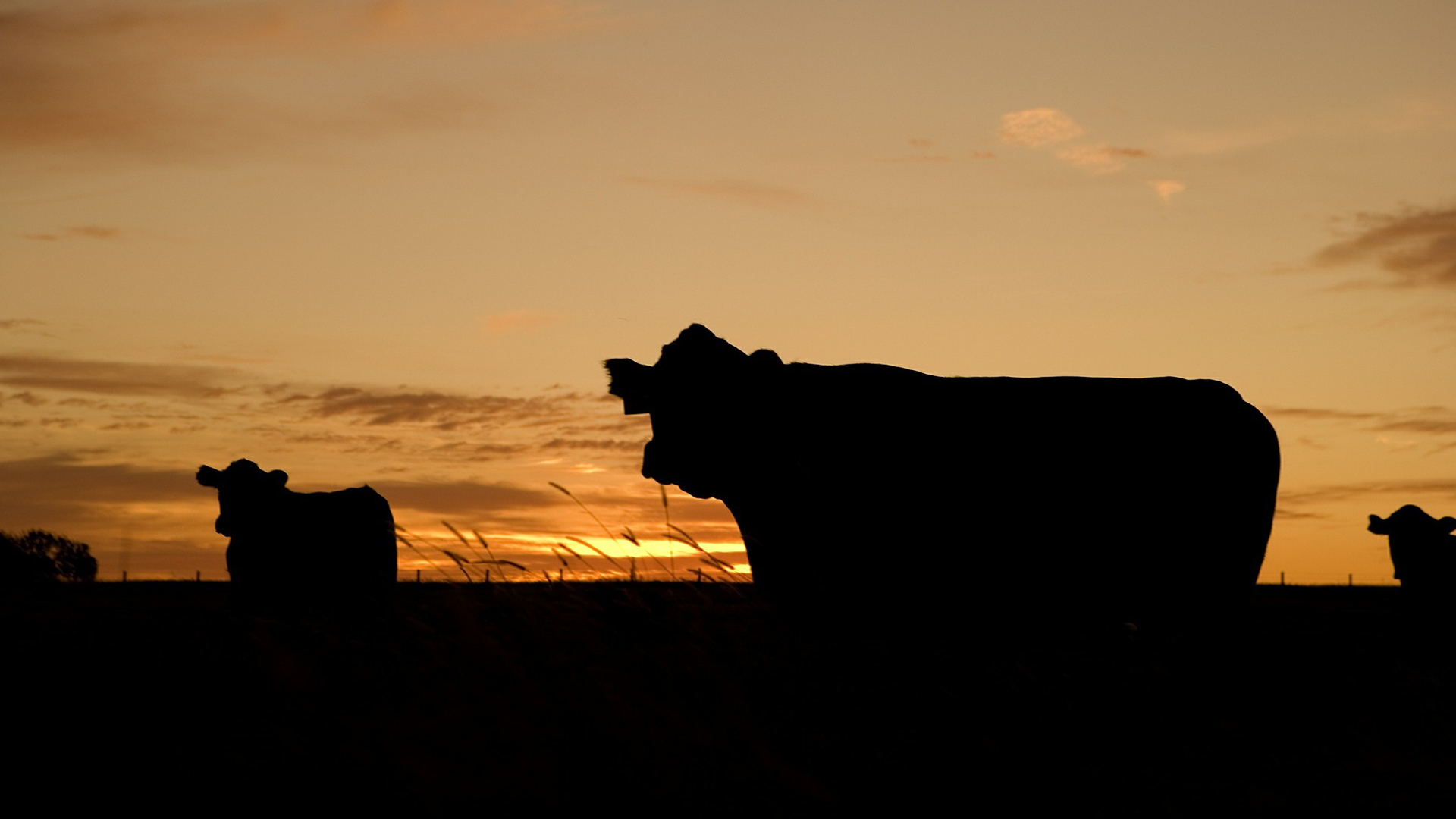
Regenerative Farming and the New Consumer
Regenerative and Biodynamic Farming is the purest form of “everything old is new again.” It’s grandpa’s ways: Minimal tilling. Crop rotation. No or low pesticides. Cover crops. Livestock roving the land and nourishing the earth with dung. Practices the American livestock industry has become long removed from.
Today these tried and trues are being heralded as a savior in the climate crisis, and one reason why is, carbon sequestration: Healthy soil is carbon-rich soil, which is one major effect of regenerative farming.
Decades of monocrops, tillage, pesticides — everything regenerative farming is not — has robbed the earth of carbon. Not only robbed it but helped dump it into the air instead, where many in this generation believe it harms the planet.
Carbon is, however, essential to soil health. It releases nutrients for plants, promotes healthy microorganisms, and generally acts as an immune system for the soil. Yet some of the world’s most exploited lands have less than 1 percent (averages vary widely with landscapes, but good, healthy soils carry more than 10 percent carbon).
If regenerative farming takes off, livestock could once again contribute to healthy soil, as they did in bygone days when bison roamed the Great Plains. The bison pooped as they grazed, and stomped the manure and other plants and grasses they tread upon into a virtual mulch, which fed the soil. Once they were removed from the grasslands, that ecosystem was lost. Rotational grazing, which mimics that old tradition, would help bring it back.
Carbon sequestration is an issue for debate among climatologists. There are more places it can be stored to clean the air of it, But carbon sequestration in the soil is a natural byproduct of regenerative farming — a win for the earth and a win for the Earth.
The two consumer segments, particularly “True Believers” and “Enlightened Environmentalists,” will inevitably be looking for some type of label claim or attribute regarding regenerative farming. As they represent 38% of the Natural and Organic food products purchased in the U.S., they are increasingly concerned — alarmed, even — about the environment and global warming.
As we often suffer from label claim overload — fair trade, gluten-free, Non-GMO, organic certified all on one package — it should be no surprise that the younger and older Millennials. Gen X, will inevitably be looking for food products that not only do not harm but actually give back to the environment. Regenerative farming cannot just be about branding and label claims, like the other certification that is printed all over our organic foods with impunity. It must be real, verifiable, and have a real impact. And as long as it is legitimate, consumers will be lining up for it.